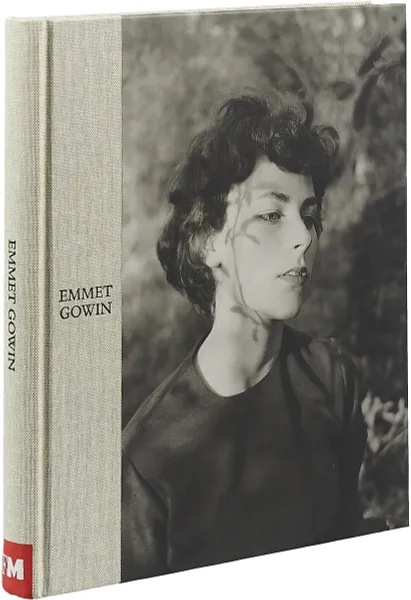Emmet Gowin
Автор: Emmet Gowin
2013
Переплёт: Твердый переплет, 258 страниц
Категория: Искусство и культура
ISBN: 1597112615
📙 Throughout his prolific career as a photographer, Emmet Gowin has threaded together seemingly disparate subjects: his wife, Edith, and their extended family; American and European landscapes; aerial views of environmental devastation, brought together by his ongoing interest in issues of scale, the impact of the individual, and notions of belonging. This long-awaited survey pays tribute to Gowin's remarkable career and his impact on the medium. Following his marriage to Edith Morris in 1964, Gowin began work on a series of images of his extended family that is now recognized as a touchstone of twentieth-century American photography. He photographed the children and the aging parents, and made intimate portraits of his wife, continuing a photographic tradition inherited from his mentor, Harry Callahan, with whom he studied in the 1960s. His focus broadened in the 1980s, when he began an exploration of landscape and aerial photography, most specifically in his documentation of Mount St. Helens and the American West. He has photographed in the Czech Republic, Italy, Mexico, Japan and the United States, with a continued interest in irrigation, mining and natural resources, and the effects of military testing on the environment. As a photography professor at Princeton University from 1973 to 2009, Gowin has exerted a powerful influence on several generations of photographers.Emmet Gowin (born 1941) earned his MFA in photography from the Rhode Island School of Design in 1967, after studying graphic design as an undergraduate. He has had solo exhibitions at the Museum of Modern Art, New York; Corcorcan Gallery of Art, Washington, D.C.; Philadelphia Museum of Art; and Escape Photographie Marie de Paris. Gowin has published more than six monographs, and has been awarded several honors, including a Guggenheim Fellowship, two National Endowment for the Arts Fellowships, the Pew Fellowship for the Arts and the President's Award for Distinguished Teaching.
Мнения
